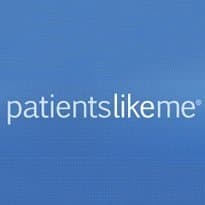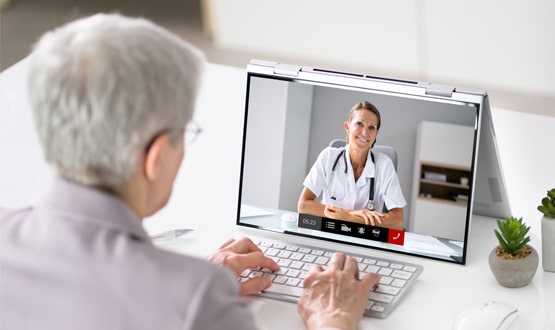PatientsLikeMe wants to work with NHS
- 25 March 2013

The founder of US patient network PatientsLikeMe wants to pilot his site’s technology in the NHS.
PatientsLikeMe connects people with others who have the same disease or condition and allows them to track and share their experiences.
They generate data about the real-world nature of disease that can be used by researchers, pharmaceutical companies and providers to develop products and services.
James Heywood created the site after his brother Andrew was diagnosed with motor neurone disease.
In a well-received talk at the NHS Innovation Expo 2013 last week, Heywood said involving patients was key to, “getting the health system to become what it can become”.
“Data like this doesn’t exist in any system in the world and these people enter it all themselves because they want to get better,” he said.
Heywood told his expo audience that PatientsLikeMe users had fewer A&E visits and felt their health was better under control than non-users.
The site also alerts patients to any clinical trials of treatments for their disease within a 25-mile radius.
Heywood said he wanted to work in the UK because the NHS was, “both great and not remotely what it could be.”
He told EHI in an exclusive interview that the NHS was facing the need to cut costs, while not diminishing service levels and sites such as PatientsLikeMe could help to achieve that.
The result of a financial squeeze was often felt by the less-common, more expensive disease areas.
“It’s important to ensure that these complicated specialist diseases maintain or improve quality while you are centralising cost because it’s too easy to reduce cost by denying care,” he said.
“We’re looking for the opportunity to demonstrate that we can measure and improve the quality of care and improve patient lives through participation and ultimately if you do it well you begin to bend the cost curve.”
In the UK, this would involve integrating with the Spine and being able to pull and push data from electronic patient record systems.
Heywood said the organisation already had 2.5 staff in the UK and had between 40-50 NHS staff visit over the past few years.
He said it took 6-9 months of development to create a measure for severity and impact of an illness, which could then become part of the PatientsLikeMe network.
His organisation had already done this for 12 long-term illnesses and he wanted to collaborate with the NHS on producing more.
Heywood said pilots with the NHS could range from making the measurement a requirement of care, to being a completely voluntary system where patients could contribute their outcomes to improve the NHS and help other researchers. NHS patients would not have to create a public profile so they could contribute privately.
“Electronic medical records are not an effective way to capture meaningful patient-centred outcomes, a new patient outcome application layer like PatientsLikeMe would need to be attached to the EMR to ensure the NHS is capturing the right outcomes,” he said.
“We need to pick areas where we can demonstrate value and roll it out. It’s a cultural shift towards doctors and patients and the system all learning together.”
Heywood explained that the obvious criticism of the benefits of increased patient participation was that many people were not capable of doing it.
“But a few empowered individuals can really change the behaviour of the entire system and really create learning,” he added.




